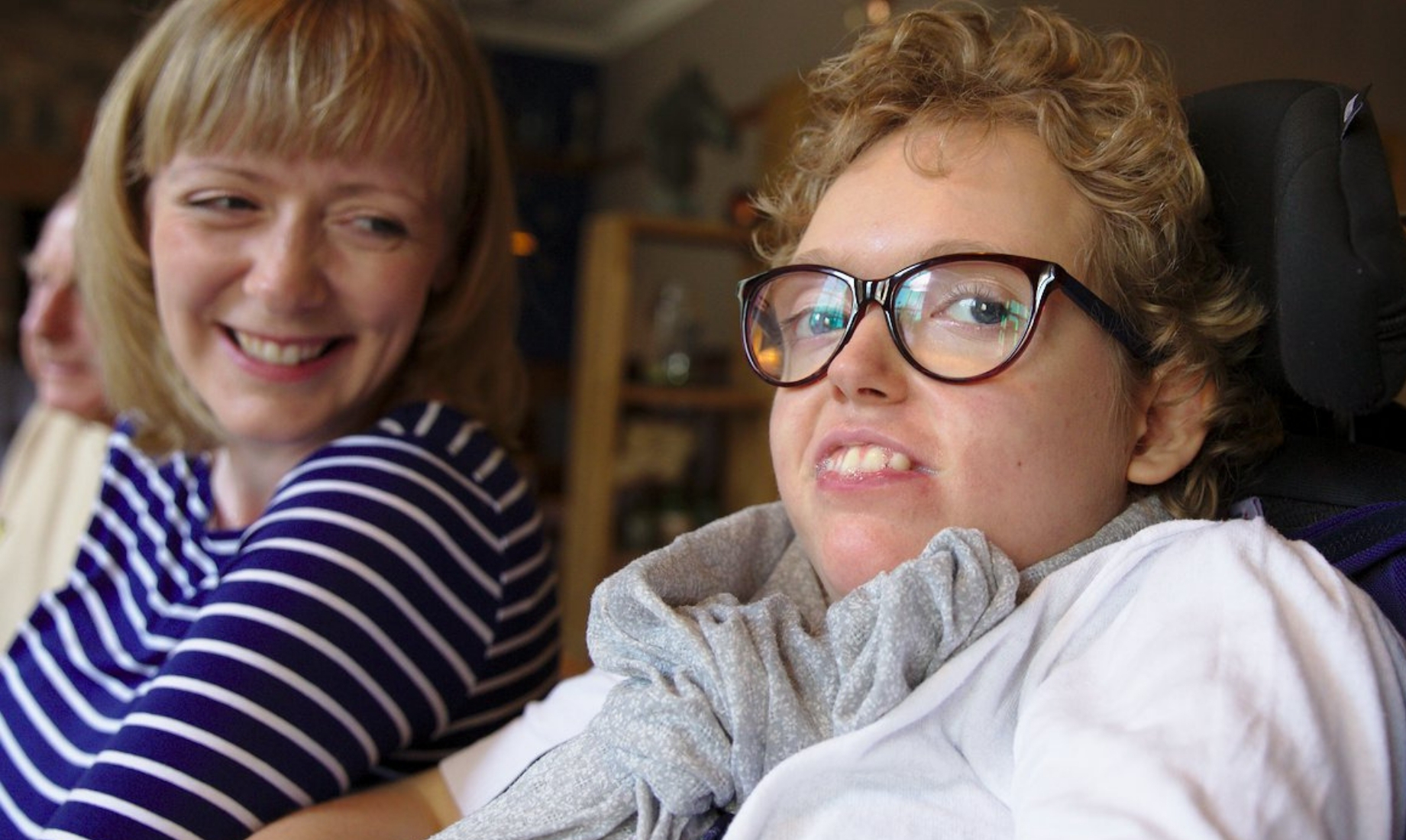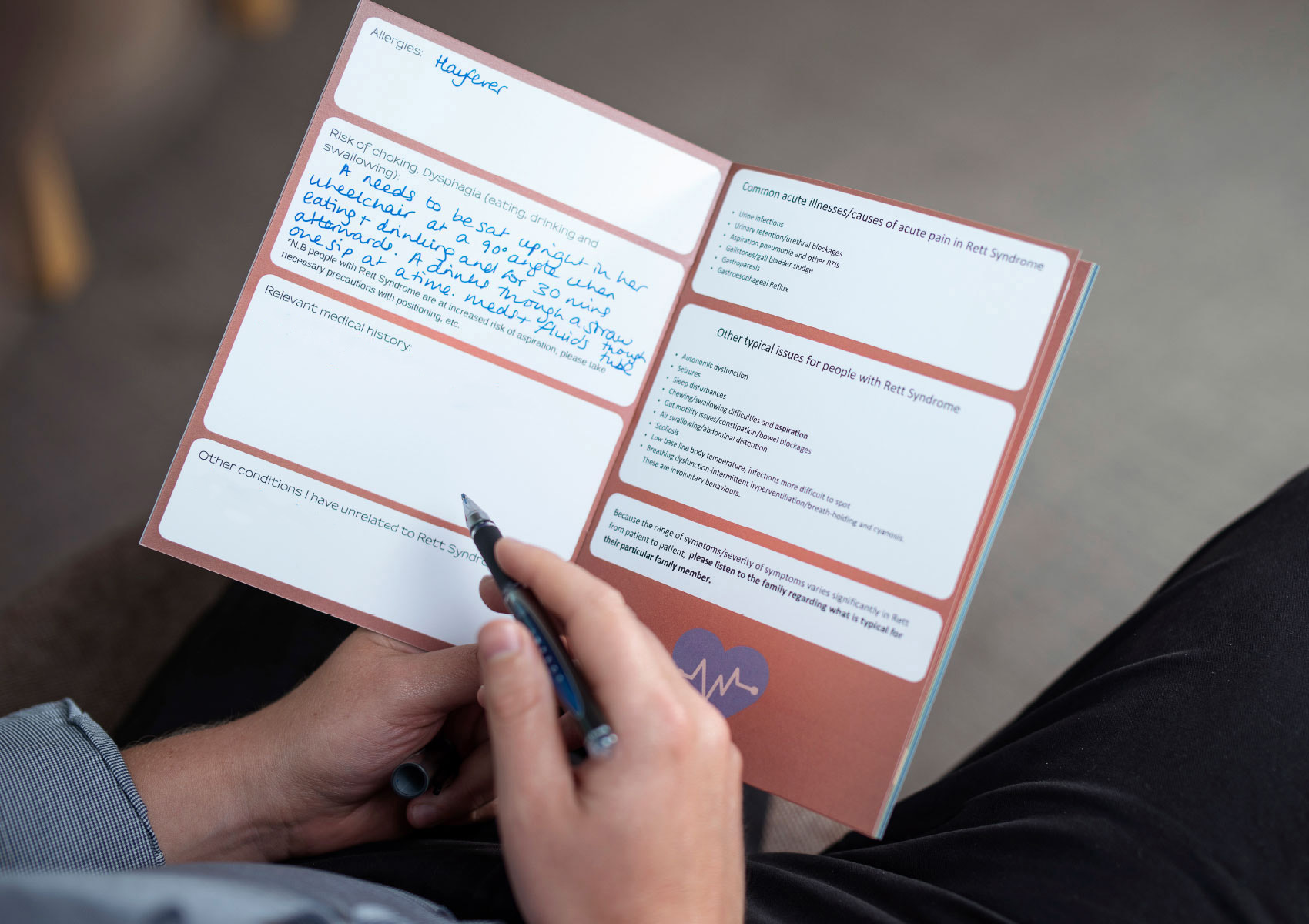To date there have been four clinical trials of potential drug treatments for Rett syndrome. Earlier this year, the UK regulator the MHRA approved Clinical Trial Applications from two gene therapy companies to start children’s gene therapy trials in the UK.
There is a lot of work that goes into preparing for these sorts of clinical trials to start. Trial sites have to go through rigorous inspections and review boards. Training and planning has to take place and contracts have to be signed.
Because these sorts of products are also fairly new to health systems and the hospitals where the trials are taking place, the hospitals, doctors, administrators, companies and review boards involved are especially careful to make sure that all standards are met.
If you would like to find out more about the implementation of clinical trials for Rett and what might be happening between authorisations and the initiation of trials, watch our Reverse Rett Emerging Gene Therapies Bitesize session here.
There has never been more potential for disease-modifying treatments for Rett syndrome than there is today.
Current gene therapy programs and those in development have grown out of academic research projects supported by Reverse Rett though our long-standing partnership with the Rett Syndrome Research Trust.
Under-enrolment in clinical trials is one of the biggest challenges for researchers and trial sponsors, and it can slow the development of new treatments. That’s why Reverse Rett developed the Rett Registry UK and Clinical Trial Support Services. The successful implementation of four drug trials demonstrated feasibility for UK clinical trials of gene therapies which have now been approved.
As well as helping to identify patients for clinical trials, the Rett Registry UK is also helping us to identify where there are concentrations of patients with Rett for future delivery of approved treatments.
Having an accurate number of patients with Rett syndrome living in the UK will also enable us to more effectively build the case for support for funding for disease-modifying treatments for everyone with Rett syndrome regardless of age or gender.

Participating in a clinical trial can be a very satisfying and worthwhile experience. People choose to participate in clinical trials for a number of different reasons, the most obvious being early access to an emerging treatment for a condition for which other treatment options are limited or non-existant.

Although there are many benefits to participating in a clinical trial, it is important to remember there also are risks. Possible risks include: – Side effects of the medications or treatments being studied – Unwanted events during the trial that may or may not be related to the study drug – Failure of a treatment to work
The research team will continuously monitor your or your child’s health and safety throughout the trial, whether you are receiving the drug being studied or a placebo. Remember: You can leave a study at any time. Those who are monitoring the trial for safety — such as the principal investigator can pull your child from a study if they believe their health is declining.
People with Rett Syndrome and their families who take part in clinical trials are pioneers. They are helping to beat a path to better treatments for Rett for all of us. Register your child or adult with Rett today so that you can stay informed as and when opportunities to participate become available.

Signing up means we can contact you directly about clinical trials, the latest research and enables us to make a better case for improved clinical provision and better treatments to become available in the UK.

Hospital visits can be an ordeal for children and adults with Rett and their families. As much as possible, children and adults with Rett syndrome should be accompanied at all times with a caregiver who can advocate for their needs and who knows them well enough to know what’s ‘normal’ for them and when they are in pain. If this is not possible, a hospital passport can help support effective care and management for someone with Rett in your absence.

Here you can find resources which can help you keep someone with Rett syndrome as healthy as possible until treatments are approved.